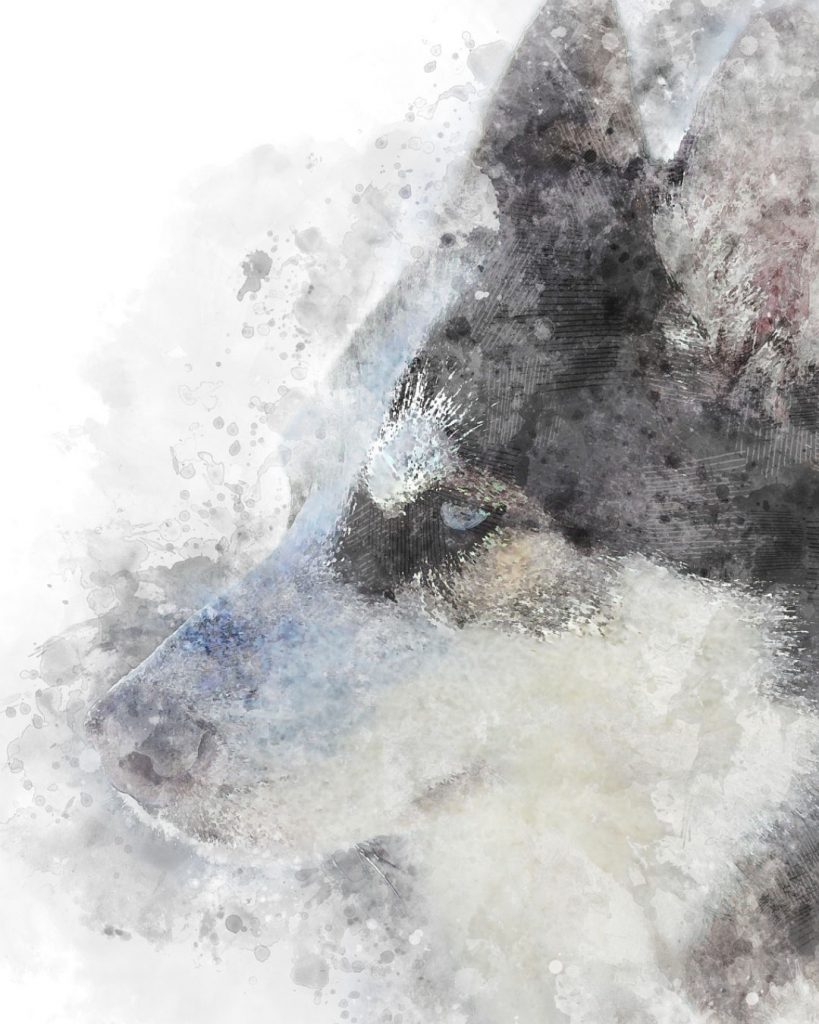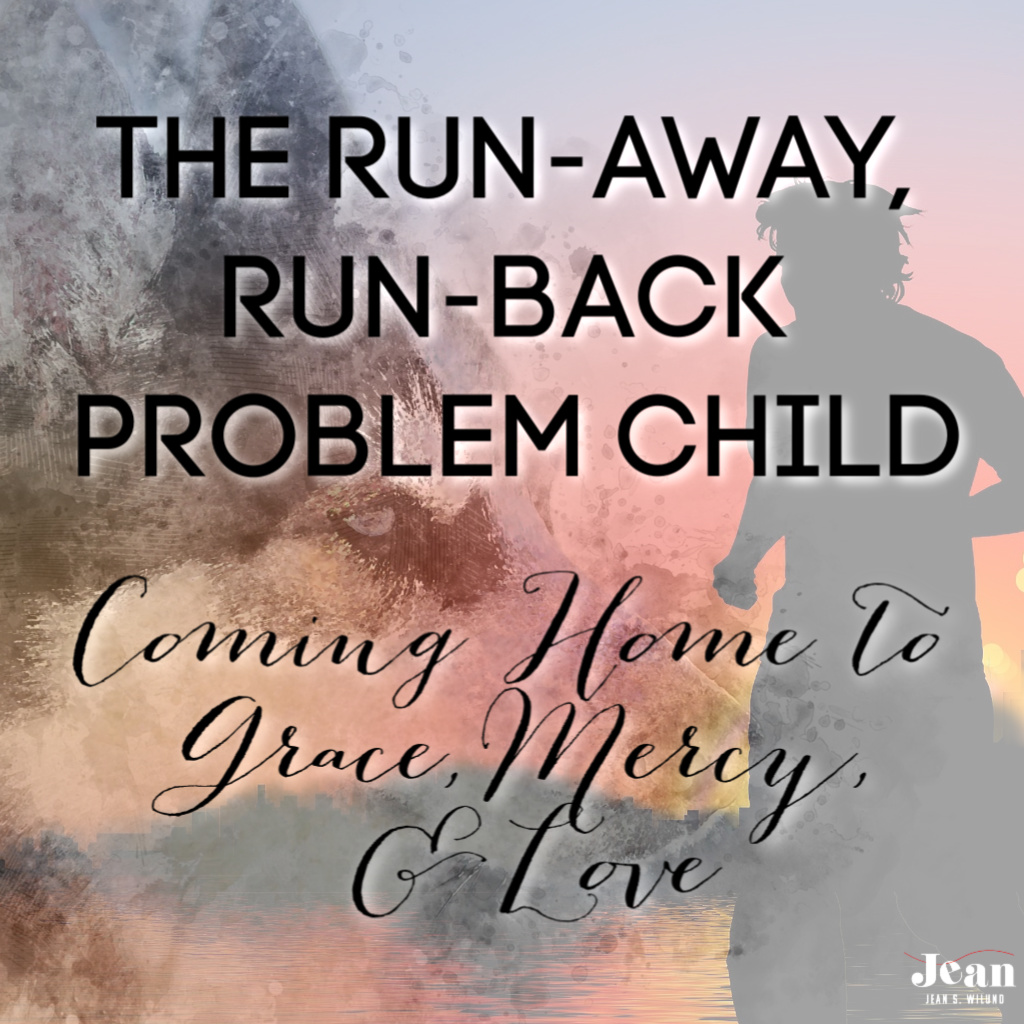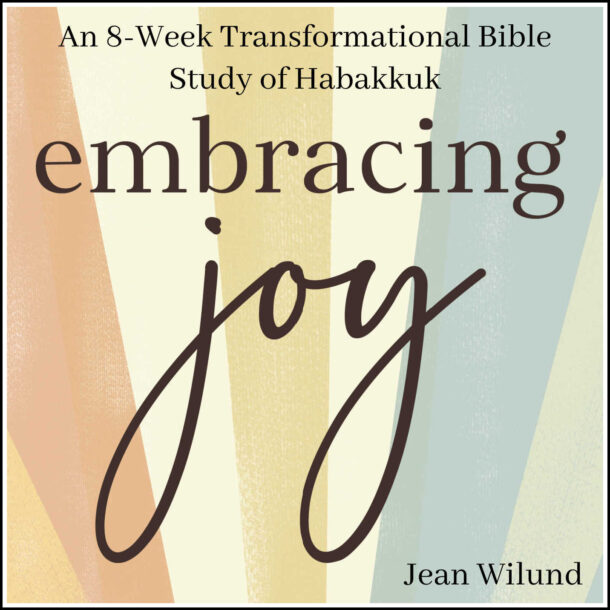The elementary school around the corner called. Our problem child was at it again.

Princess.
Our two-year old Siberian Husky loved her freedom. She’d busted out of our fenced-in back yard and was tearing across the school playground.
Just like the day before. And the day before that.
To Princess, the children looked like a hundred little playmates. To the terrified little playmates, Princess looked like a wolf.
The children’s shrieks prodded her on. The ensuing game of chase with the teachers sealed the deal. The elementary schoolyard was the best place to play.
Princess was never a danger to anyone except cats. But she was quick. And she only did what she wanted.
She never wanted to be caught.
“Grab your coats, kids, and some deli meat out of the fridge. We have to go get Princess.”
My four-year old tromped out the door with the meat and a heavy sigh. “I wish we had a run-away, run-back doggie.”
“Me, too, honey. Me, too.”
The Run-Away, Run-Back Son
Recently, my thoughts returned to our run-away, never-run-back Princess while teaching the Dayschool children the parable of The Run-Away, Run-Back Son and His Grumpy Older Brother (Luke 15:11-32).
In this parable, the younger son told his father he wanted his inheritance. Now.
He basically said, “Father, I wish you were dead.”
In the culture of that day, he should’ve braced himself for a slap. He’d rejected his father. His father must now reject him.
To the shock and outrage of Jesus’ listeners, Jesus took the parable in a different direction. Instead of exchanging wounds, the father laid down his right to slap his son. Out of his great love, he absorbed the rejection, gave him his inheritance, and let him leave.
The son walked away as good as dead. And happy about it, because he was free.
Finally. Free.
Until reality slapped him with the truth.
The Truth
The run-away son’s inheritance dried up from wild living. His friends, fun, and freedom dried up with it. And then the land did, too.

His hunger drove him to the lowest place a Jewish man could plummet – scavenging food from the pigs he slopped.
He’d believed the illusion that taking his inheritance and leaving his father meant no one would ever control him again.
Illusions seem so real.
The truth was that even if he were to rise to the highest throne on earth, he’d still be controlled. If no man controlled him, the laws of nature still would, as would his passions and his pride.
They had driven him far from the father who loved him.
Run
As the son fought the pigs for their garbage meal, his mind raced back to his father. The father who’d loved him — despite his humiliating rejection.
The father he hoped would let him come home.
He wouldn’t dare ask to be his son again. That was over. He was dead. He’d chosen that. But perhaps he could come home as a servant.
While he was still a long way off, his father saw him. And ran. This Middle Eastern father ran.
Middle Eastern fathers never run.
It was unthinkable. Undignified. Their legs would flash skin.
The social prohibition not to run was such an imbedded part of Middle Eastern culture, the ancient Arabic translations of the Bible didn’t use the word for run. It chose the words hurried or hastened.
But this father didn’t hurry or hasten. He ran.

He ran to reach his son before his son reached the scorn-filled eyes of the villagers. Before anyone could heap contempt upon his son. He ignored the rules, hiked up his robe, and ran like he could turn back time and heal every wound with each step. He didn’t stop running until he’d fallen on his son’s neck and kissed him.
He didn’t wait for a repentance speech. Or wallowing. He welcomed his son into his arms. Into his grace and mercy. And back into his love.
Then he called for his servants.
“Quickly bring out the best robe and put it on him, and put a ring on his hand and sandals on his feet; and bring the fattened calf, kill it, and let us eat and celebrate;for this son of mine was dead and has come to life again; he was lost and has been found” (Luke 15:22-24).
Oh, to be found, forgiven, and loved.
Unforgiveable
Our neighbor called. Our problem child was at it again.
But this time, Princess had gotten out and killed my cat.
Unforgivable. That’s what she was. Unforgivable.
Me? Devastated, angry, and vengeful. I was Unforgiving. I was unlike like the father.
I didn’t want to welcome her into grace and mercy. I didn’t want to run to her and kiss her neck. I wanted to ring it. I was done.
So I shipped her off. I sent Princess to a new home far from us.
The children’s tears and my steely unforgiveness reminded me what a wretch I am.
Princess had simply been true to her nature. And I’d been true to mine. To my old one. Never mind that in Christ, I’ve been given a new nature. The old sinful one had risen up and taken control.
Praise God, my heavenly Father remains ever true to His unchanging nature.
He moves and works in wretched hearts like the run-away son’s. And mine.
He opens our eyes to see ourselves as we really are. To see the Father as He really is.
He draws us and places a gnawing hunger into our hearts to come home.
And then He runs.
He sees us while we’re still far off. And He runs.
He runs to embrace us with forgiveness. To kiss our necks and bring us home into His grace, mercy, and love. Forever.
let us eat and celebrate;
for this son of mine was dead
and has come to life again;
he was lost and has been found.
What about you?
What has seeing the pure nature of the Father’s love revealed to you about your own nature, about your love? How is God calling you to respond to His love? To His example of forgiveness?
PS —
We sent Princess to live on a farm with a family who loved and owned five other Siberian Huskies. She could run to her







